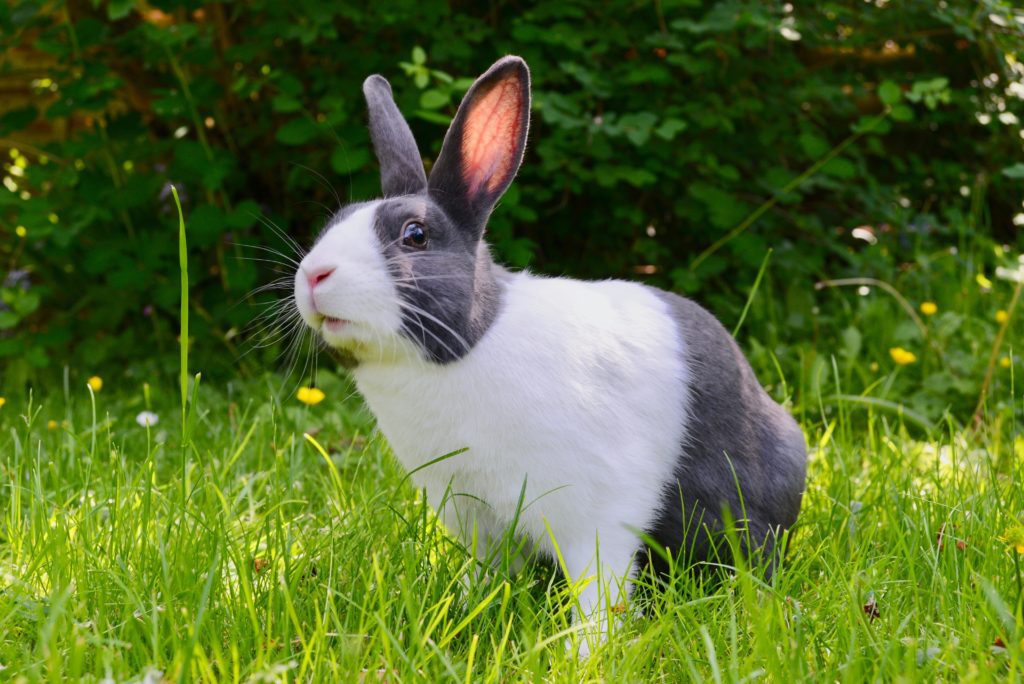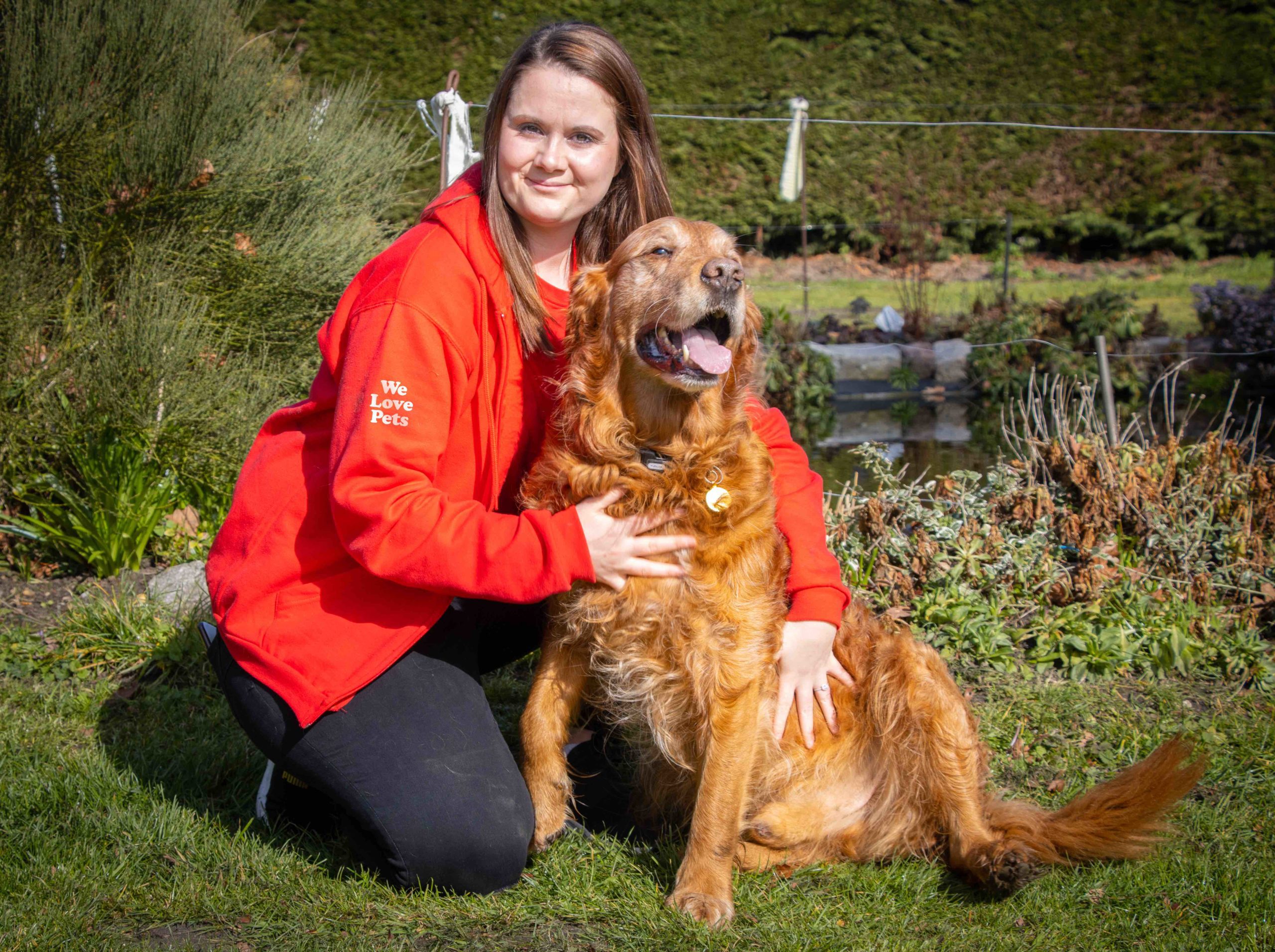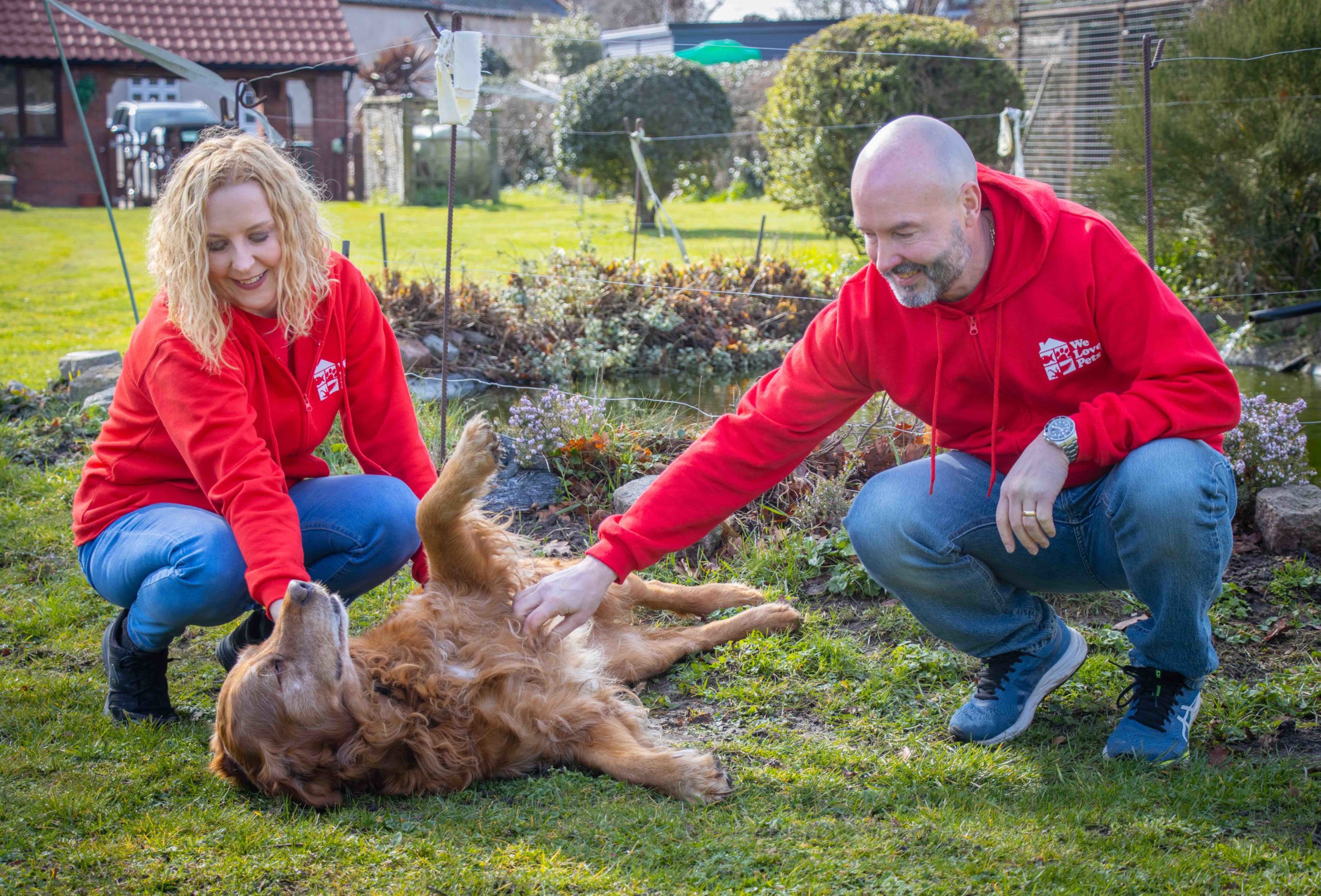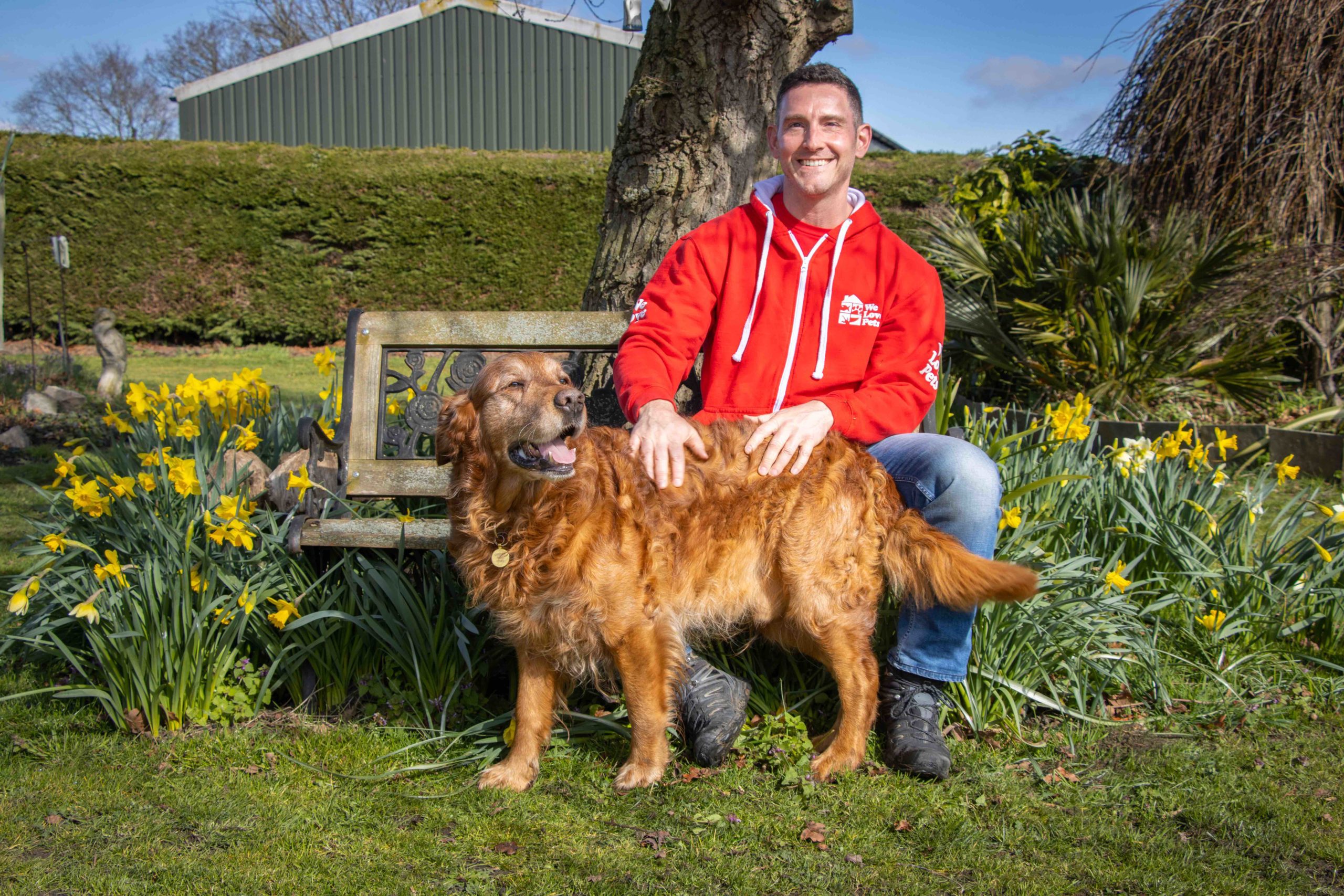Spring is in the air, and with Easter this weekend, many of us instantly conjure up mental images of cute and fluffy rabbits, or possibly consider heading down to the pet shop to buy the kids their very own Easter Bunny.
But did you know, that although rabbits are the third most popular pet in the UK, they are also the most neglected, mistreated and misunderstood? Whether you’re thinking of getting a rabbit or are already the lucky owner of a beautiful bun, here are some handy rabbit care hints and tips to help you give our long-eared friends the best life possible!
Rabbits NEED friends
If you get a glimpse of wild rabbits, chances are that you will see a group of them all together. This is because rabbits live in large, complex, family groups made up of several male and female pairs. Rabbits are social creatures by nature, and their domestic cousins are no different. It is vitally important that rabbits are kept either in carefully bonded pairs or groups, to ensure that they do not become lonely, bored, and even depressed due to solitude. When you have a well bonded pair of bunnies, you can instantly see how happy they are in each other’s company! They will spend plenty of time grooming one another, playing with one another, and lounging around with one another.
The best pairs will most often be a neutered male with a neutered female of a similar size, breed, and age. If you are planning on introducing one bunny to another, just make sure you do plenty of research on how to bond rabbits correctly on neutral ground, and take things as slowly as needed! You can always ask your vet for advice.
A hutch is not enough!
My husband and I are the proud parents of 6 beautiful bunnies and have developed a huge passion for rabbit welfare over the years of caring for them. It’s this passion that led us to become members of the Rabbit Welfare Association and Fund (RWAF) charity, who’s sole purpose is to promote higher welfare standards for rabbits in the UK. RWAF run a particularly important campaign called ‘A Hutch Is Not Enough’, which is aimed at improving the housing standards through the pet retail industry and educating members of the public on how much more space rabbits (particularly outdoor rabbits) need than many people realise.
Bunnies need plenty of space to display their natural behaviours as a species, and unfortunately many hutches sold as ‘Rabbit’ hutches just aren’t large enough. Not only do rabbits need big enough housing, but they also need 24-hour access to a large run area which they can use to exercise. The RWAF states on their website that they “recommend a minimum enclosure size of 3m x 2m x 1m high, however please always think bigger is better and there are other ways of housing your bunnies.”
Our rabbits are kept in pairs, and we have purposely built a fully secure, converted shed with an attached run complex that allows them access to spacious indoor housing, and predator-proof outside run areas. This means that no matter what time of day or night, our bunnies can come and go as they please, which is especially important for creatures which are most active at dawn and dust. Finally, always ensure that you’re able to weatherproof your rabbits housing so that they are well insulated in the winter, and as cool as possible in the summer.

Diet
Did you know that rabbits need to eat their own body size in high quality feeding hay every single day? Feeding hay, such as Timothy Hay, should be unlimited during the day and make up between 80-85% of a bunny’s diet to keep their guts healthy and teeth worn down.
10% should then be made up of leafy greens such as dandelion leaves, romaine lettuce, kale, or fresh herbs, followed by 5% pellets, and 0-5% of bunny safe treats such as small pieces of banana, apple (core and pips removed), strawberries, and carrots etc.
Always check that a treat is rabbit safe before giving it to them, as common things such as iceberg lettuce, and mown grass trimmings are not safe for bunnies!
Rabbits and children
Parents are often drawn to rabbits as a good first-pet option for their kids, however they are often not a particularly child-friendly pet.
They are also quite easy to handle when they are very young which can mislead people into thinking that they are great for children. But what many people don’t realise is that rabbits go through adolescence at about 3-6 months old which often causes them to become aggressive, and no longer wishing to be handled or stroked.
Biting can often occur where it would not have done previously, which is a natural defence for a prey animal that would never naturally wish for contact from a predator creature such as a human. This is of course in contrast to cats and dogs for example, who are predatorial animals and therefore naturally more confident with being handled.
Children will often want plenty of contact with a pet, and if they become off-put by a rabbit’s new behaviour, this could cause the rabbit to become misunderstood by a family and therefore no longer a priority. As rabbits can live up to 12 years in captivity, it’s important to make sure that you’re aware of a rabbit’s natural behaviours before getting children involved in their care.

Rabbits are not cheap!
Although a bunny may only cost approximately £30 in a pet shop to buy, the long-term costs of keeping rabbits can be huge! There is so much to take into consideration, such as:
. Appropriate housing and run facilities
. Feeding hay, greens, pellets and treats
. Bedding – including sawdust, straw, and bedding hay
. Cleaning equipment such as disinfectant spay, paper rolls, etc.
. Continual supply of new toys and enrichment items – such as tunnels/tubes, chew toys, boxes, dig-pits, etc.
. Yearly vaccinations, microchipping, and neutering
. Other vet costs for common health issues such as flystrike, dental problems, sore hocks, gastro troubles, head tilt, ear mites, etc.
Also remember to register your bunnies with a rabbit-savvy vet, as they are often considered as exotics and require specialist care.
Bunny ‘Binky’s’!
Now that you know a little more about what to expect from our bouncy bunny friends, you can also look out for rabbit Binky’s! A ‘Binky’ is when a rabbit, runs, jumps and flips, or kicks out in the air, and have ‘zoomies’ around their pen! Rabbit’s only Binky when they are feeling particularly happy and playful and is their way of letting off some positive energy. After some zooming around, you’ll probably find your bunnies lying down with their legs stretched out behind them looking relaxed. If you’re lucky, you might see your bunnies flop completely onto their side or backs with their feet in the air! You know you have gained your rabbit’s trust when they are happy to do that in your presence!
We Love Rabbits
There’s no doubt about it, bunnies are brilliant! However, if you ever have any questions regarding your rabbit care we are always on hand with our expert pet care advice.
Additionally, if you need someone to care for your bunnies whilst you’re away on holiday or with work, your local We Love Pets branch offer fantastic Rabbit Care with our teams of fully insured, DBS checked, and pet first aid trained Pet Sitters. Why not get in touch with us to discuss your individual needs.




